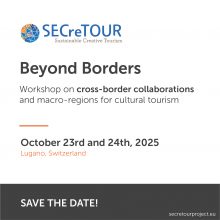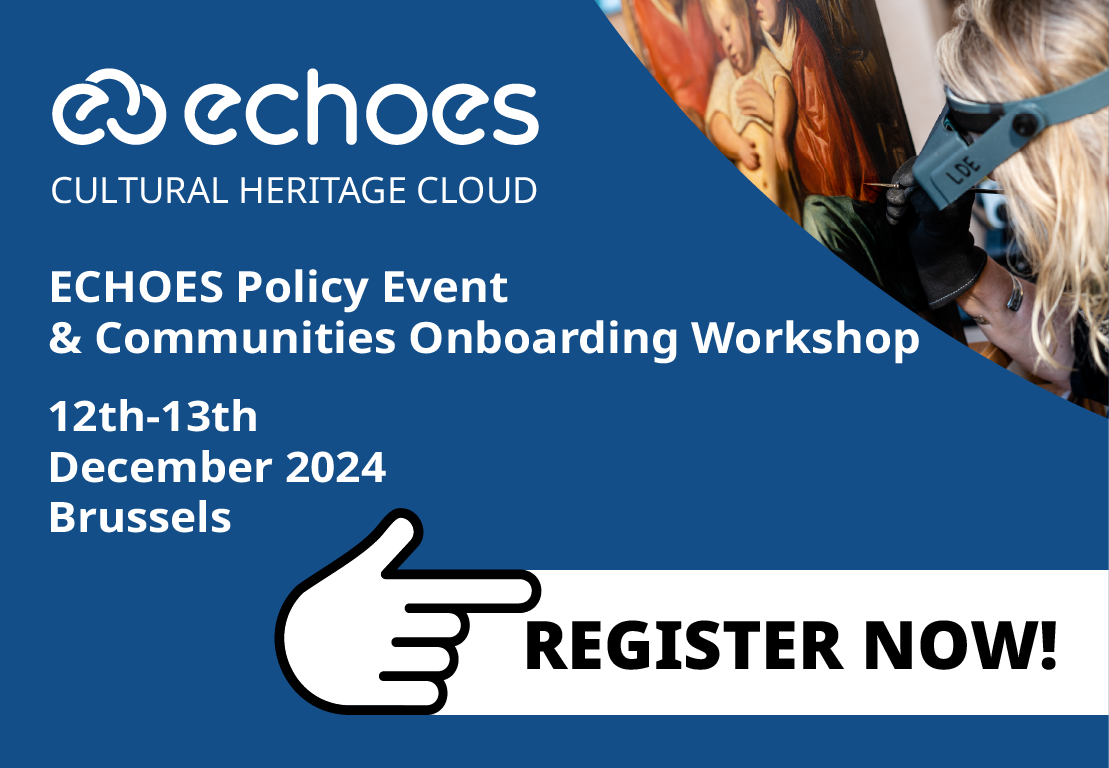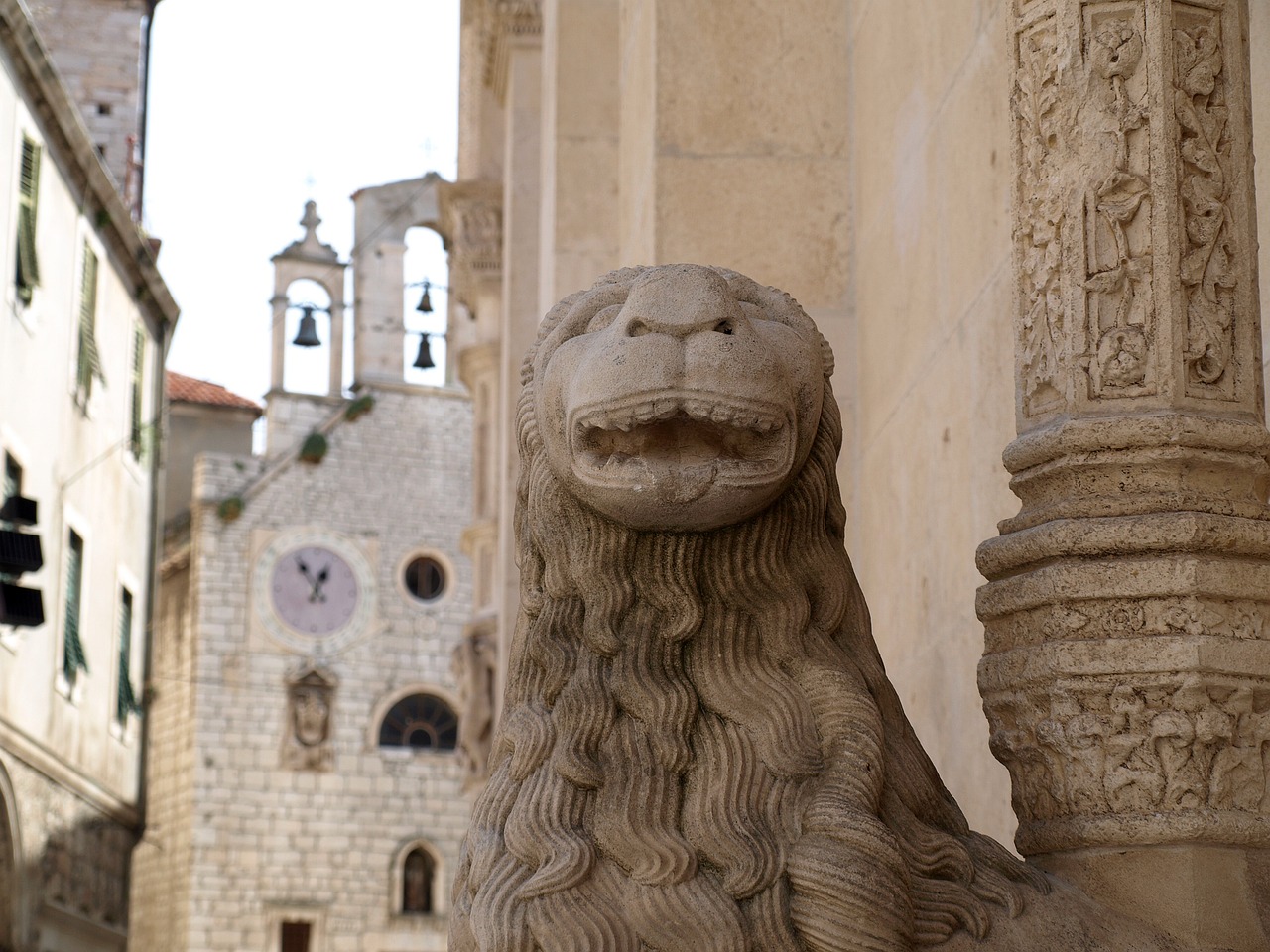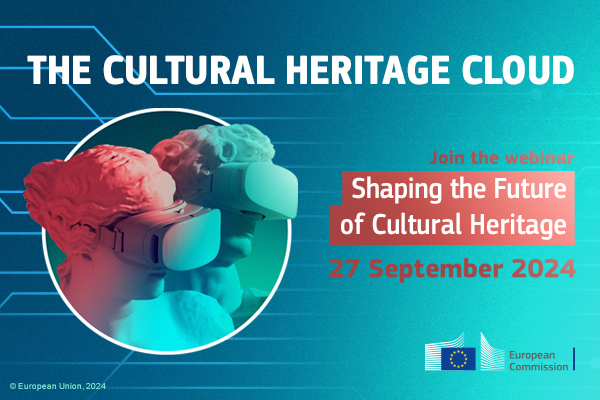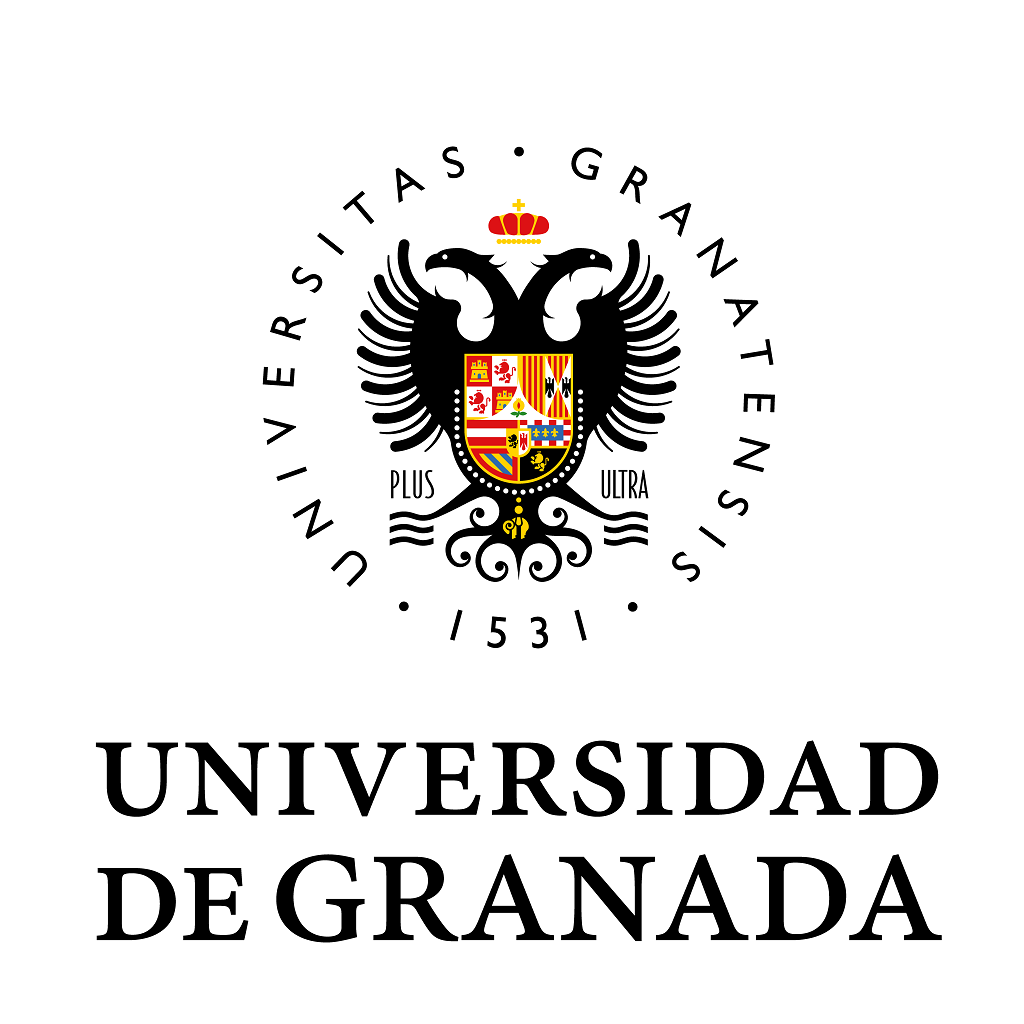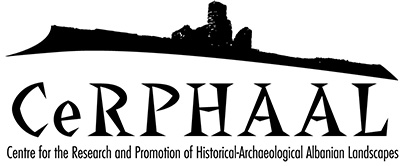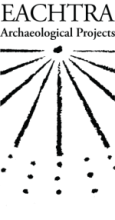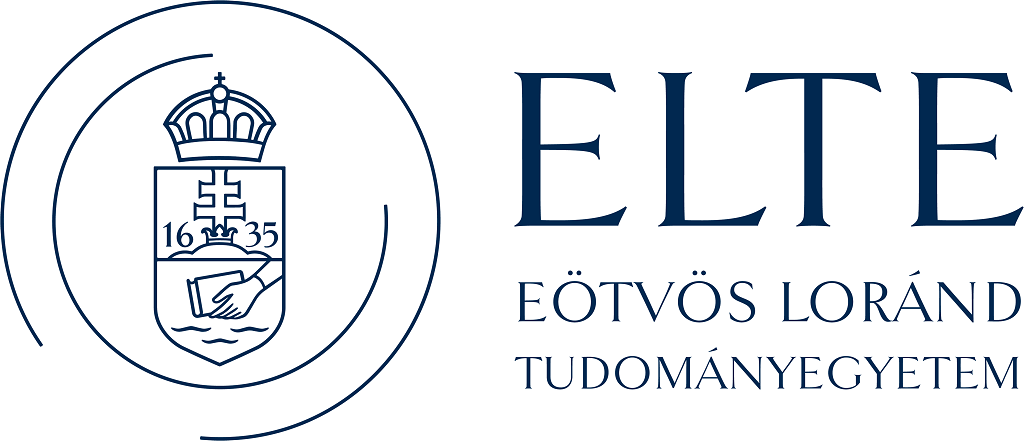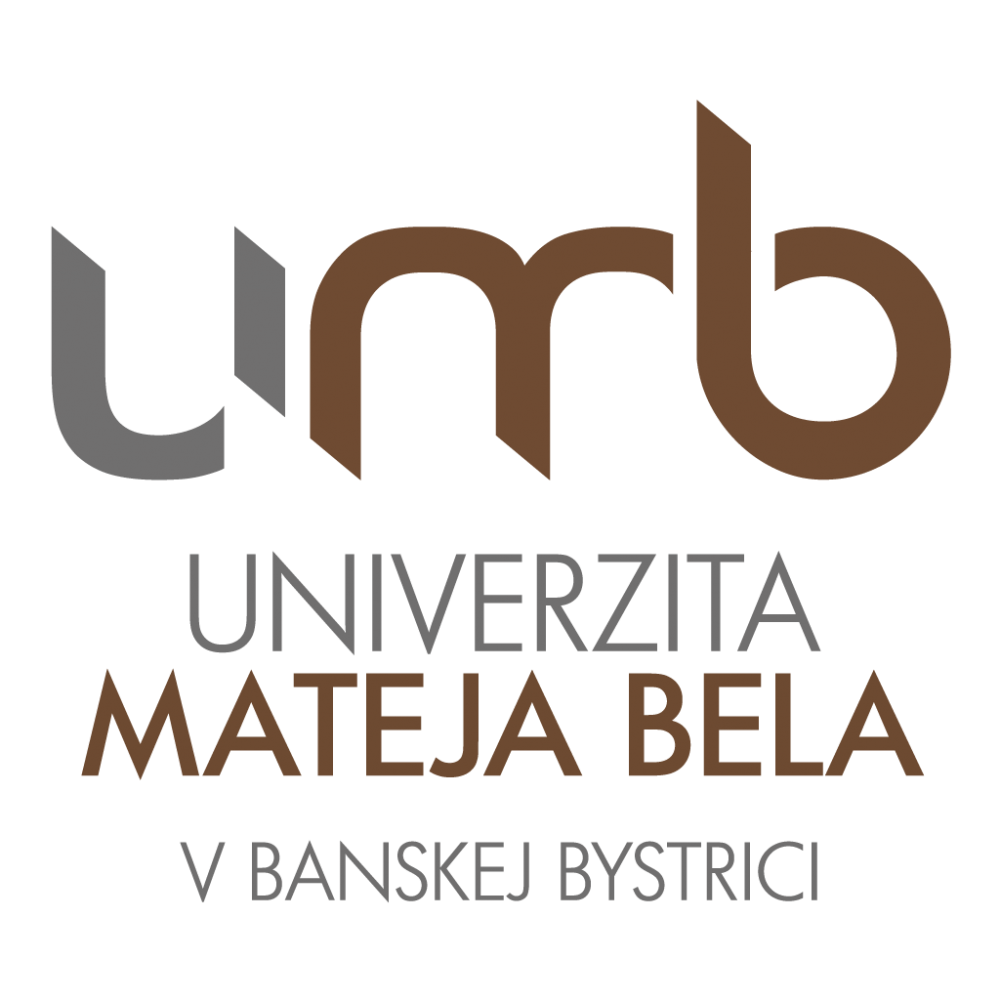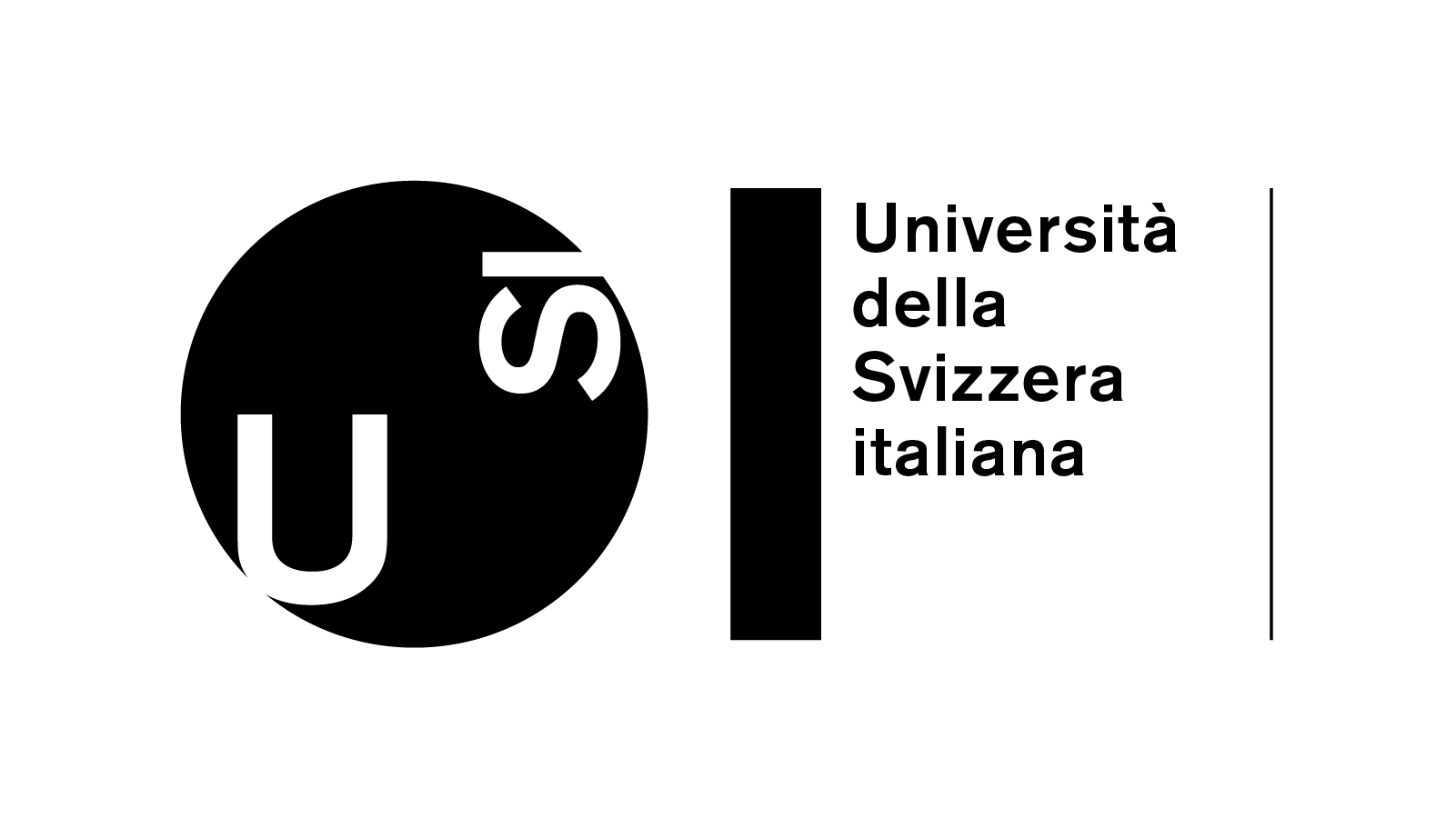
SECreTour project and its associated EUreka3D project participated in the Part 2 of the Webinar promoted by the TExTOUR Project and organised by the UNESCO Chair on Digital Cultural Heritage Lab at Cyprus University of Technology.
The webinar explored the potential use of digitised cultural heritage resources to boost cultural tourism, raise awareness about sustainability, and how to prepare for digitisation with the involvement of communities in the management and socio-economic development of places.
The presentation of SECreTour focused on the liaison and the articulation between digitisation of cultural heritage and the use and re-use of digital content in the domain of cultural tourism promotion, with a special focus on peripheral destinations and the 3D digitisation of cultural heritage recommended by the European Commission to the Member States in the Recommendation on a common European data space for cultural heritage of November 2021.
Culture and cultural heritage have a primary role to strengthen relationships and cohesion between European communities, building on similarities and differences, and promoting common roots and values. Cultural tourism together with cultural heritage offer a vehicle for promoting territories, generating benefits for local destinations to share about their history and culture. Cultural tourism is also a valuable economic driver for local communities and local territories that are able to offer visibility to their cultural and tourism assets, attracting an interested, respectful and competent tourist. Unprecedented opportunities brought by technologies, such as digitisation, AI, 3D, and XR bring cultural heritage sites back to a new life, where virtual museums and XR scenarios offer visitors the possibility of seeing art works in context and experiencing objects and sites that are difficult to be accessed by the public.
The presentation was delivered by Antonella Fresa, project coordinator of EUreka3D and SECreTour networking coordinator. The PDF of the presentation is available here for free download.




